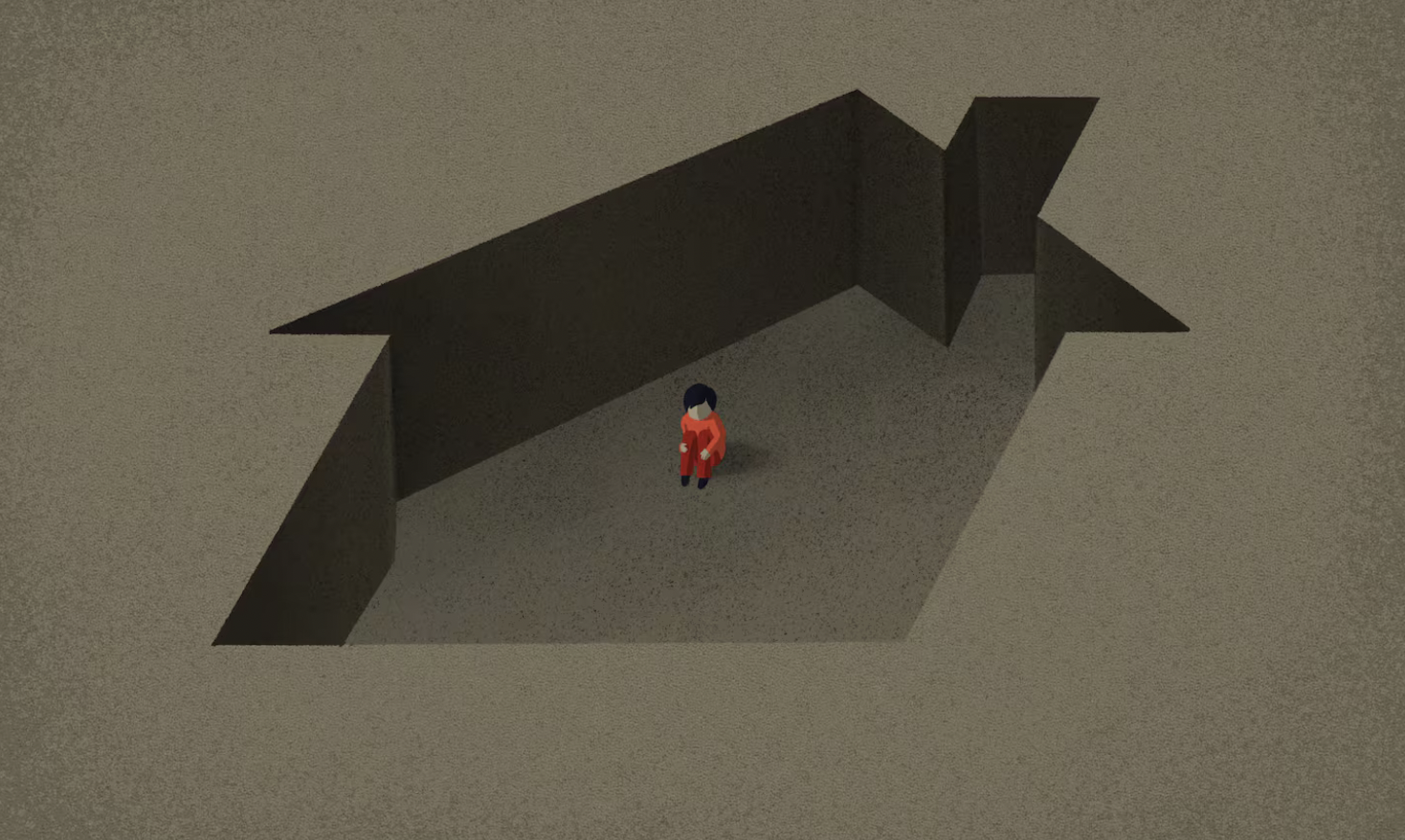Article Review: How Much Power Does “Intergenerational Trauma” Hold Over Us? - Naomi Shaefer Riley
Much Power Does “Intergenerational Trauma” Hold Over Us? Naomi Shaefer Riley
THREE QUOTATIONS:
“The common notion that the ‘apple does not fall far from the tree’ is an example of systemic bias.” - Children’s Bureau Express
“Alcoholism, domestic abuse, harsh discipline of children — all these are behaviors that can be learned by watching family members.”
“The way the phrase [‘the apple doesn’t fall far from the tree’] is used regarding entire racial and ethnic communities is odd — both assigning collective blame and also absolving communities entirely of the responsibility for their problems.”
TWO TAKEAWAYS:
Exodus 20:4-5 and Exodus 34:5-7 > Children observe the iniquities (sins) of their parents and repeat the behaviours, for generations to come. Is this a biblical explanation for ‘intergenerationl trauma’? But, it is an explanation that when understood in the context of all Scripture, does not let the person escape responsibility for their sinful behavior by blaming it on ‘intergenerational trauma.’
How do nature and nurture interact and come into play for a child born into a familial line of ‘intergenerational trauma,’ yet raised in a family without ‘intergenerational trauma’? Can a positive environment and positive parenting hault ‘intergenerational trauma’? The power of salvation through Jesus Christ is greater than any trauma.
ONE NEXT STEP:
Read, “How Trauma Became a Political Tool” by Christine Rosen
And a second one just because I can’t resist - research a biblical theology of trauma - start by listening to this panel.
And one more - research how trauma effects the brain and genetic make-up of a person.
Rebecca
